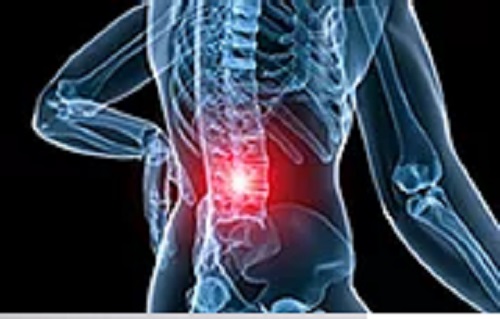Who is Most Affected by Degenerative Disc Disease?

Your spinal cord consists of vertebrae bones, intervertebral discs, nerves, facet joints, and spinal muscles. The discs are joined by sockets and held together by tissues and muscles. However, due to the risks from accidents, injuries, and age, the discs lose their flexibility and elasticity. On the other hand, your spine can be affected by arthritis, which damages nerves and tissues. Diseased and compressed nerves can result in pain, which can become chronic if not treated. Book an appointment with the degenerative disc in Shrewsbury specialists for the diagnosis and treatment of degenerative discs.
Individuals who are likely to have degenerative disc disease
Every person can suffer from degenerative disc disorder. However, some people can get disc spinal complications more often than others. They include:
- Sportspeople. Many people like sports since it’s a type of recreation and exercise. However, during game time, you can incur spinal injuries. Spinal injuries can be dislocations and cracks. When your spinal discs become dislocated, they stretch nerves and tissue, making them tear out.
- People who are overweight or obese. A person becomes obese when excess fat called calories builds up in their body. When you are overweight, your spine can fail to hold the weight of your body. Due to this issue, some of your spinal discs can become degenerated, resulting in back pain.
- The aged. Old adults are likely to suffer from degenerated spinal disc disorder more than young people. Older adults suffer from wear and tear of soft tissues and nerves. When wear and tear of tissue occurs, the connection between the sockets and the discs becomes lost. The chance of the spinal discs becoming degenerated is very high.
According to spinal cord specialists, it is vital to seek a diagnosis when you encounter pain around the neck and lower back. Degenerative disc disease can lead to severe discomforts or even paralysis. Below are ways your doctor can diagnose degenerative disc disorder.
The primary methods of diagnosing spinal disorders
There are several ways your doctor can check if you are suffering from degenerative disc diseases. They include:
- X-ray. Most doctors use x-rays to diagnose bone complications. During diagnosis, your doctor uses x-rays to scan your spinal cord and check the presence of degenerated discs. However, before your doctor suggests an x-ray for you, you will provide a medical history file. If your file shows that you had an x-ray previously, you cannot undergo the diagnosis.
- Magnetic resonance imaging. This is the most advanced way of diagnosing spinal complications. This technique uses magnetic fields and computer technology to produce a well-detailed picture of the affected spinal area. Unlike x-rays, the picture shows the degenerated spinal discs and worn-out tissues.
Degenerative disc disorders are very common among adults across the world. This disease can affect your work quality since it causes severe back or neck pain. The Center for the Functional Restoration of the Spine is the best health center that you can consult for the treatment of spinal issues.





